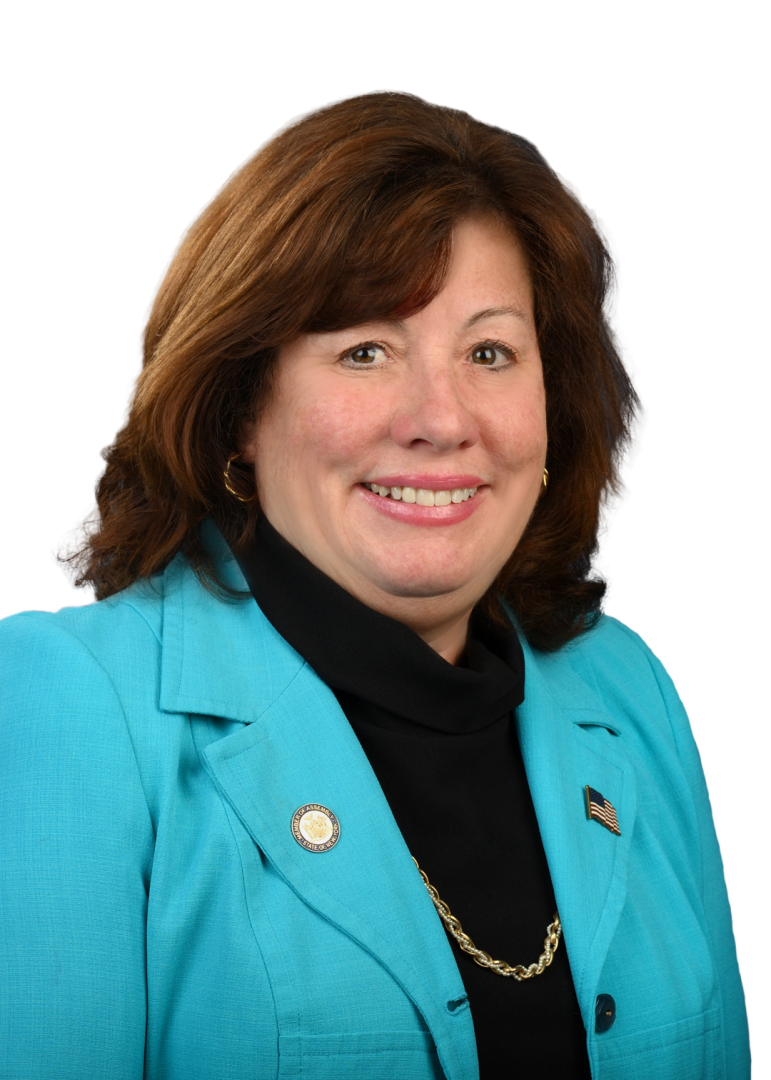Assemblywoman Buttenschon Voices Veteran Issues During Budget Hearing
Assemblywoman Marianne Buttenschon (D-Utica/Rome) attended a virtual joint budget hearing on human services to ensure that the needs and concerns of Mohawk Valley veterans were heard. During this hearing, Buttenschon brought up issues like the $1.9 million cut in community initiatives proposed in the governor’s budget, as well as requested an update on the status of the much-needed State veterans cemetery. Our area has been preparing for decades to be the site for a State Veterans Cemetery. It is evident that we would be the best site for this cemetery, and I will continue to advocate for it to be placed here in the Mohawk Valley. Buttenschon co-sponsored and helped pass this legislation (Ch. 345 of 2020).
“As a member of the Assembly Veterans’ Affairs Committee, the health of our veterans is one of my top priorities and, in light of the COVID-19 pandemic’s impact on veterans and their families, the need for continued support is more critical than ever,” said Buttenschon. “Recent data from the Army indicates that suicides during the pandemic have increased by 20% in the military and by 30% among active-duty soldiers. This tragedy cannot be allowed to continue, and I’ll continue advocating for initiatives that prioritize veterans’ mental health.”
Buttenschon recently signed onto a letter urging Speaker Carl E. Heastie to include $150,000 in the Assembly’s budget proposal for the continuation and expansion of the Veterans Mental Health Training Initiative (VMHTI), which is operated by the Medical Society of the State of New York and the New York State Psychiatric Association. The VMHTI educates primary care health care physicians and specialists on veteran-specific mental health issues such as post-traumatic stress disorder, traumatic brain injury, suicide, substance use and military sexual trauma. Data indicated that more than half of all military veterans will seek care from a health care provider upon return to civilian life, so ensuring providers have veteran-specific mental health education is critical, noted Buttenschon.
